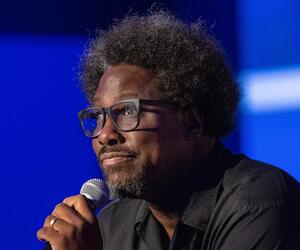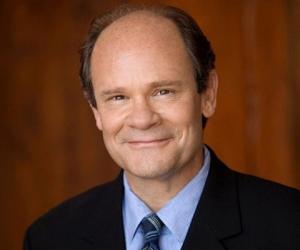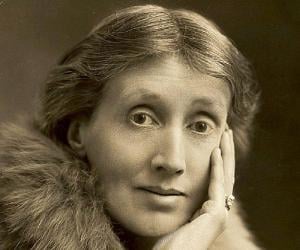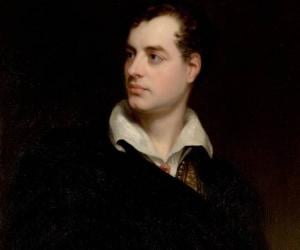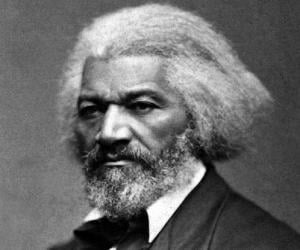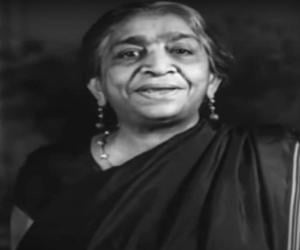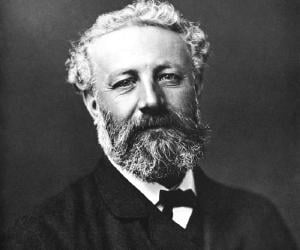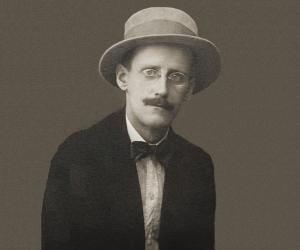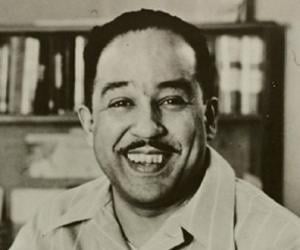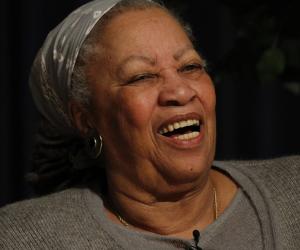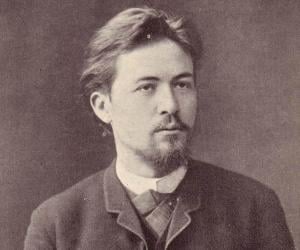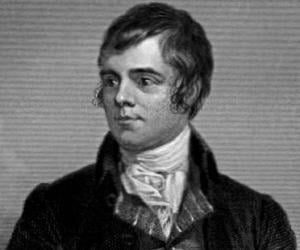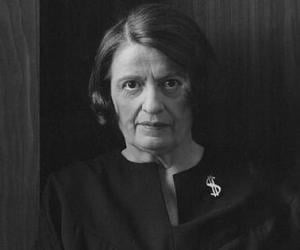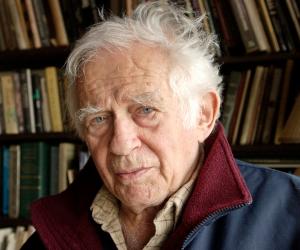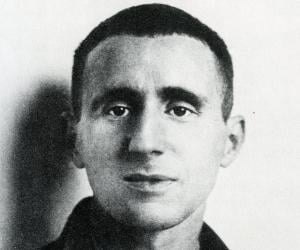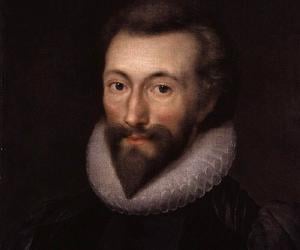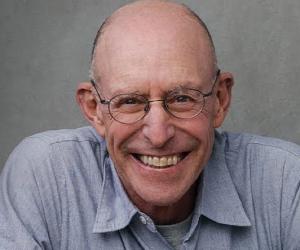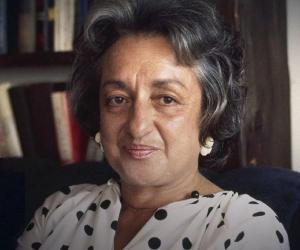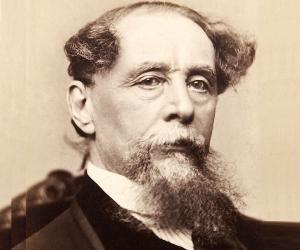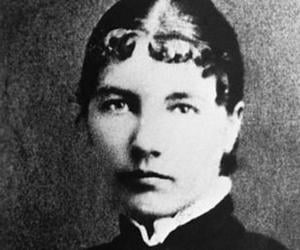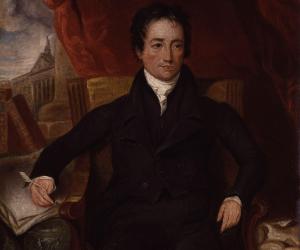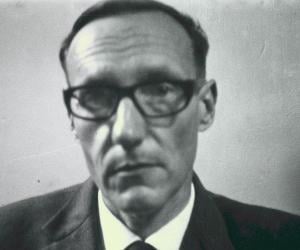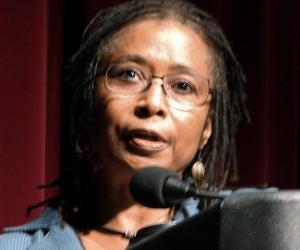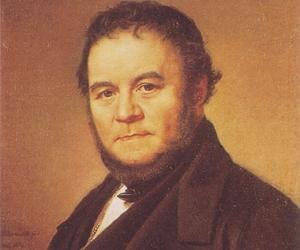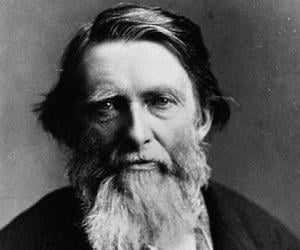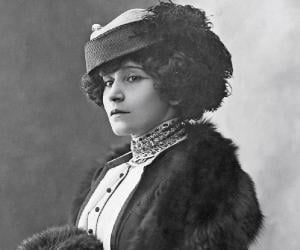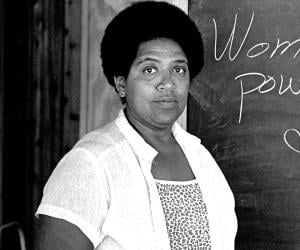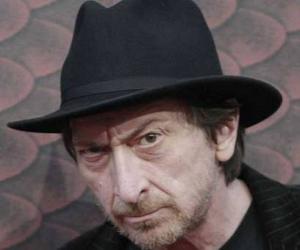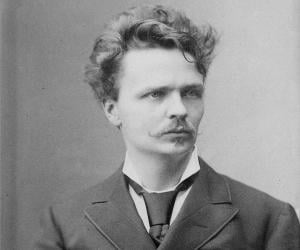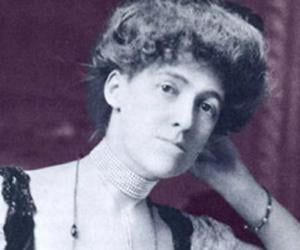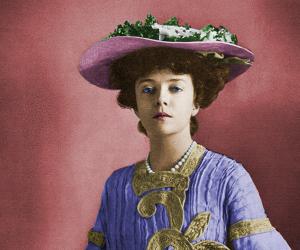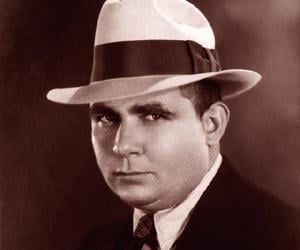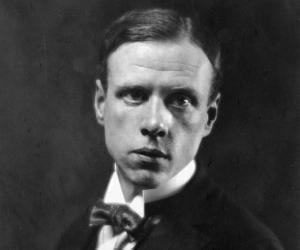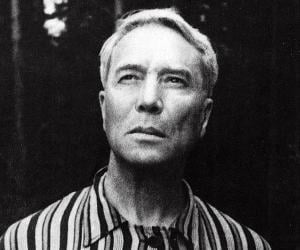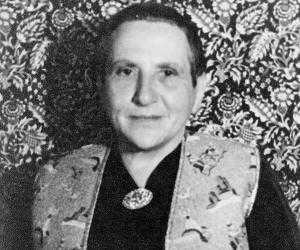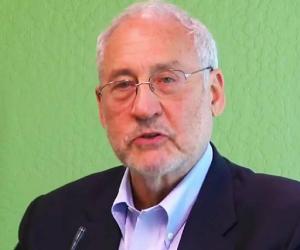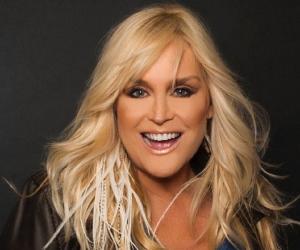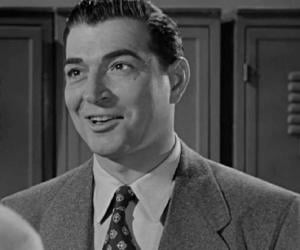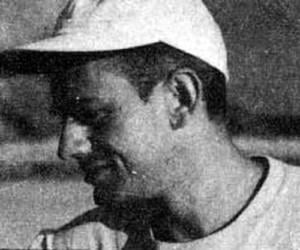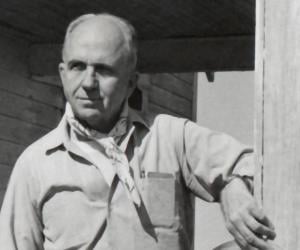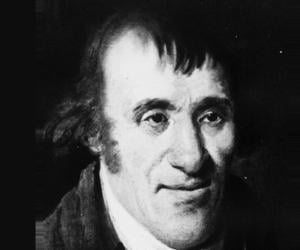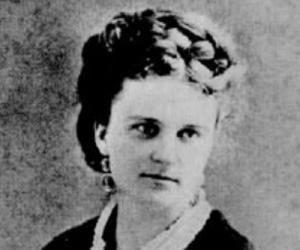Virginia Woolf was an English writer who pioneered a narrative mode called stream of consciousness to describe the thoughts and feelings of the narrator. Regarded as one of the most prominent modernist 20th-century writers, Woolf's works have gained much attention for inspiring feminism. Her life and work have inspired several films, novels, and plays.
Widely considered one of the greatest British poets of all time, Lord Byron remains influential as his works are widely read even today. He was also one of the most important personalities of the Romantic Movement. He is also known for his role in the Greek War of Independence, for which the Greeks consider him a national hero.
Social reformer and abolitionist, Frederick Douglass was a national leader of the abolitionist movement in Massachusetts and New York. Born into slavery, he had a difficult early life. Eventually, he managed to escape and dedicated the rest of his life to promoting the cause of abolition. He was a great orator and writer.
Sarojini Naidu was an Indian poet and political activist. An important figure in the Indian Independence Movement, she was a proponent of anti-imperialistic ideas, women's rights, and civil rights. Her illustrious career as a poet earned her the nickname Nightingale of India. After India became independent, she became the first woman to hold the office of Governor in the Dominion of India.
James Joyce was an Irish novelist, poet, teacher, short story writer, and literary critic. Widely considered one of the 20th century's most important and influential writers, James Joyce contributed immensely to the modernist avant-garde movement. Joyce's work has influenced several scholars and writers, such as Jorge Luis Borges, Salman Rushdie, Seán Ó Ríordáin, Flann O'Brien, John Updike, and Cormac McCarthy.
Langston Hughes is best remembered as a prominent leader of the Harlem Renaissance. He was one of the first to write jazz poetry. He also wrote plays and short stories. He was a columnist for The Chicago Defender and wrote the iconic poem The Negro Speaks of Rivers.
Anton Chekhov was a Russian short-story writer and playwright. Widely regarded as one of the greatest writers of short fiction, Chekhov's works have influenced the progression of the modern short story. As a playwright, Anton Chekhov is credited with influencing the rise of modernism in theatre, along with August Strindberg and Henrik Ibsen.
Ayn Rand was a Russian-American philosopher and writer. Apart from publishing two best-selling novels, Ayn Rand is credited with developing a philosophical system called Objectivism. Over the years, Ayn Rand has been a major influence among American conservatives and libertarians. Some of the famous personalities influenced by her include Amber Heard, Vince Vaughn, Jimmy Wales, Ayelet Shaked, and Mary Ruwart.
Norman Mailer was an American journalist, novelist, essayist, filmmaker, actor, and playwright. A prolific writer, Mailer had at least one best-selling book in each of the seven decades post Second World War. Overall, he had 11 best-selling books in a career spanning over 60 years. A recipient of the Pulitzer Prize, Mailer is regarded as an innovator of New Journalism.
German playwright, poet, and theater director, Bertolt Brecht, is best known for co-writing the play, The Threepenny Opera, with Kurt Weill. Growing up in war-torn Germany in the early 20th century, he had a difficult life. A hardcore Marxist, he lived in exile during the Nazi period. He returned to Germany after the war and established a theater company.
Widely considered the greatest novelist of the Victorian era, Charles Dickens was an English writer famous for creating world-renowned fictional characters. Regarded by critics and scholars as a literary genius, most of his short stories and novels are read around the world even today. His distinctive style of writing is referred to as Dickensian.
Renowned British essayist Charles Lamb was a major figure of the Romantic period. He is best remembered for his Essays of Elia and his book of abridged versions of Shakespeare’s plays, Tales from Shakespeare, which he co-wrote with his sister, Mary. He had also once spent time in a mental facility.
The leading English art critic of the Victorian era, John Ruskin was a hugely influential figure in the latter half of the 19th century. Also a philosopher and prominent social thinker, he wrote on varied subjects like geology, architecture, education, botany, myth, ornithology, literature, and political economy. He founded the charitable trust Guild of St George.
Colette was a French author who received a nomination for the prestigious Nobel Prize in Literature in 1948. She is remembered for her novella Gigi, which inspired the 1958 movie and the 1973 musical of the same name. Her life and work have inspired several films, including the 2018 biographical drama film Colette, where Keira Knightley played the title role.
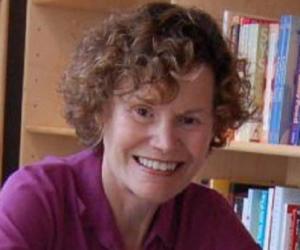
Author and poet Audre Lorde is remembered as a firebrand feminist and a champion for the LGBT community. Openly lesbian, she penned iconic volumes such as Cables to Rage and The Black Unicorn. She also recorded her 14-year struggle with cancer in The Cancer Journals and A Burst of Light.
August Strindberg was a Swedish playwright, painter, essayist, novelist, and poet. He wrote over 30 works of fiction and more than 60 plays in an illustrious career that spanned 40 years. Widely regarded as the father of modern Swedish literature, Strindberg is best remembered for his work The Red Room, which is considered the first modern Swedish novel.
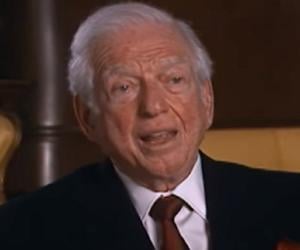
Son of an artist father and a pianist mother, Boris Pasternak initially wished to become a musician. He is best known for his novel Doctor Zhivago, set against backdrop of the Russian Revolution. The Soviet Communists forced him to decline the Nobel Prize, which his descendants later accepted.
Gertrude Stein was an American playwright, novelist, poet, and art collector. She is remembered for publishing works about lesbian sexuality, which was considered a taboo at that time. Over the years, Gertrude Stein has been the subject of several works of art. In the 2011 movie Midnight in Paris, Stein was portrayed by Kathy Bates.
Nobel laureate Joseph E. Stiglitz is best known for his work on the theory of markets with asymmetric information. The MIT alumnus has taught at prestigious institutes such as Harvard and Stanford and currently teaches at Columbia University, He has been an economic advisor to the U.S. government, too.
Bill Finger was an American film, TV, comic book, and comic strip writer. Although he had co-created the popular superhero character Batman along with Bob Kane, Finger's work was uncredited until 2015. As a result, Finger died in poverty and obscurity. He was posthumously inducted into the Will Eisner Award Hall of Fame and the Jack Kirby Hall of Fame.
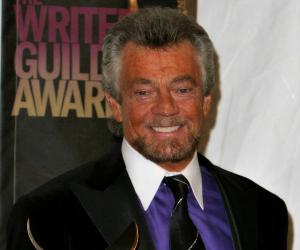
As a child, Ethan Allen was fond of deciphering passages from the Bible. He grew up to co-establish Vermont and led the Green Mountain Boys during the American Revolutionary War. After failing to achieve Vermont’s separation from New York, he tried to unite Vermont with Canada.

